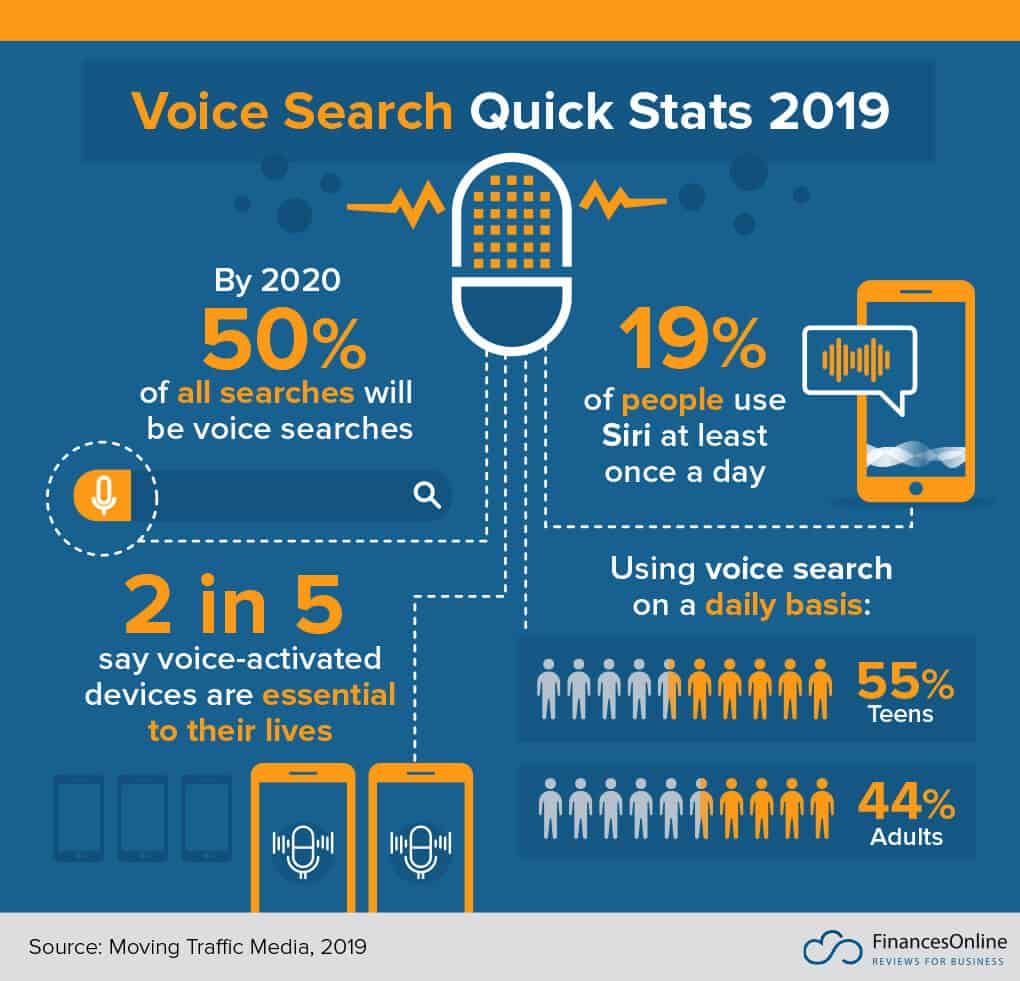
In today’s constantly evolving technological landscape, voice search optimization has emerged as a crucial element for small businesses to stay competitive and reach their target audience. With the increasing popularity of voice assistants such as Siri, Alexa, and Google Assistant, consumers are now relying on voice searches to find information, make purchases, and interact with businesses. As a result, small businesses need to adapt and optimize their online presence to cater to this growing trend. In this article, we will explore the profound impact of voice search optimization on small businesses and discuss best practices to make the most of this technology.
Understanding the Rise of Voice Search
The rise of voice search can be attributed to the growing prevalence of smart devices and the convenience they offer. With voice-activated speakers, smartphones, and even smart TVs becoming commonplace, consumers find it easier to speak commands or ask questions rather than typing them manually. This shift in user behavior has prompted search engines like Google to focus more on voice search and provide relevant and accurate results based on vocal queries.
Enhanced User Experience
One of the key benefits of voice search optimization for small businesses is the enhanced user experience it offers. Voice assistants help consumers find information more quickly and efficiently, providing a hands-free and seamless experience. By optimizing your website and content for voice search, you can ensure that your potential customers can easily access the information they need, increasing user satisfaction and retention.
Increased Visibility and Traffic
Voice search optimization presents an opportunity for small businesses to increase their online visibility and attract more traffic. When users perform voice searches, voice assistants typically provide only the top-ranking results or a concise summary of information. Therefore, ranking highly in voice search results becomes even more crucial. By creating content that focuses on long-tail keywords and conversational phrases, you can improve your chances of being featured in voice search results and drive more organic traffic to your website.
Targeting Local Customers
For small businesses with a local presence, voice search optimization is particularly valuable. Many voice searches are location-based, with users seeking information about nearby businesses, products, or services. By optimizing your website and local listings with location-specific keywords and information, you can ensure your small business appears in local voice search results. This helps attract customers who are actively looking for businesses like yours in their vicinity, boosting foot traffic and lead generation.
Improving Mobile Experience
As voice search is closely associated with mobile devices, optimizing for voice search inadvertently improves the overall mobile experience of your small business. With the increasing number of mobile users, ensuring your website is mobile-friendly and loads quickly becomes paramount. Mobile-friendly design, easy-to-navigate menus, and fast loading times contribute not only to improved voice search optimization but also to better user experience overall, increasing the likelihood of conversions and repeat business.
Optimizing for Voice Search: Best Practices
To effectively optimize your small business for voice search, consider the following best practices:
1. Understand User Intent:
Identify the common questions and queries your target audience might ask through voice searches. Emphasize providing accurate and concise answers to these queries in your content.
2. Focus on Long-Tail Keywords:
Avoid using fragmented or stiff keywords and incorporate conversational long-tail keywords that people are more likely to use while speaking. This aligns better with how users interact with voice assistants.
3. Optimize for Local SEO:
Ensure your website includes accurate and up-to-date information about your business location, opening hours, contact details, and other relevant information that local voice search users might be seeking.
4. Make Use of Schema Markup:
Implement structured data with schema markup on your website. This helps search engines understand your content better and display relevant information in voice search results, such as FAQs, ratings, and product details.
5. Prioritize Page Speed and Mobile Optimization:
Optimize your website for fast loading times and ensure it is responsive and mobile-friendly, providing a seamless browsing experience for voice search users.
Conclusion
Voice search optimization has tremendous potential to impact small businesses positively. By understanding the rising popularity of voice search and implementing effective optimization strategies, small businesses can significantly enhance user experience, increase visibility, target local customers, and improve mobile browsing experiences. As the voice search trend continues to grow, adapting to this technology becomes increasingly vital for small businesses wanting to stay ahead in the competitive tech-driven landscape.

